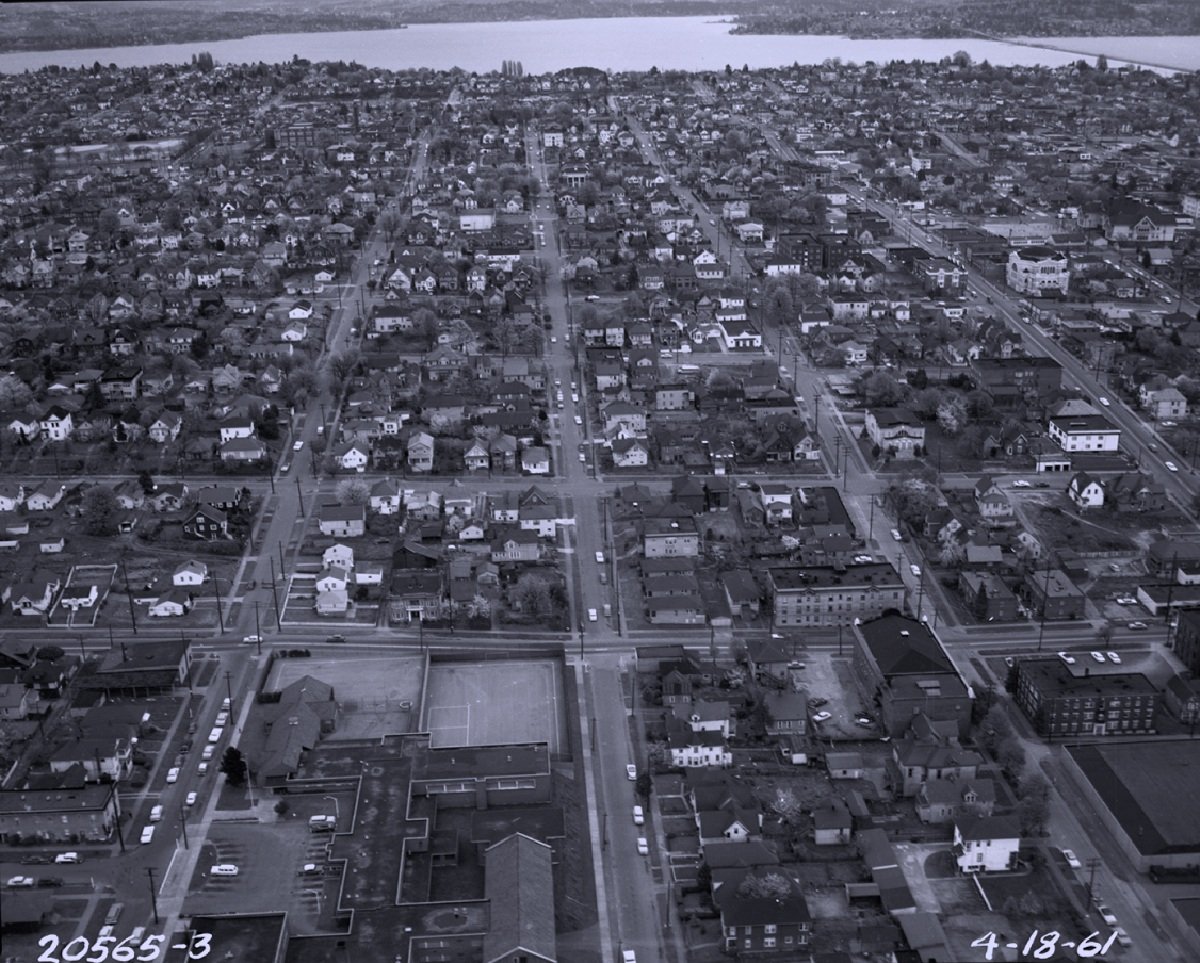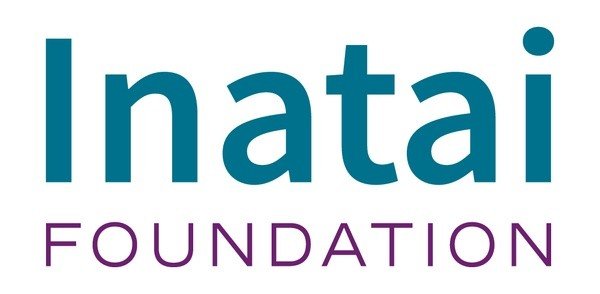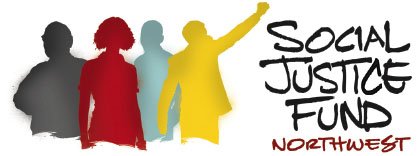
The Central Area Cultural EcoSystem, 21st Century (CACE 21) is a community organizing initiative that seeks to build community power and capacity amongst Black Central District homeowners and Black cultural workers to advocate for land use policies that lower the barriers to creating more cultural spaces based on the Wa Na Wari model.
CACE 21 organizes with Black homeowners and Black cultural workers to anchor Black families in their Seattle homes by:
Addressing housing policies that drive displacement
Creating community systems for mutual aid and peer support
Fostering community expertise around housing and urban development issues.
In our mission statement we proclaim that ‘Wa Na Wari creates space for Black ownership, possibility, and belonging through art, historic preservation, and connection’. Since we launched our project, in April of 2019, we have been using the power of art and community stories to help reignite Black cultural life and social connections in Seattle’s Central District. By renting a house from a Black homeowner and giving that space back to the Black community, in the form of Wa Na Wari, we are actively demonstrating how Black art and culture can be effective tools for combating gentrification and displacement.
From the beginning we dreamed of Wa Na Wari being a model for broader community led anti-displacement work. We want to inspire other Black Central District and South Seattle homeowners to think creatively about how to keep their homes in their families. There are many barriers and challenges standing in the way of wider adoption of our approachany of them in the realm of public land use policies. What we learned building Wa Na Wari from the ground up got us dreaming about how to change this. We began having conversations about organizing our community to address these barriers in public land use policy. The result was the blueprint for CACE 21.
The ‘Central Area Cultural EcoSystem, 21st Century (CACE 21)’ is a community organizing initiative that seeks to build community power and capacity amongst Black Central District homeowners and Black cultural workers to advocate for land use policies that lower the barriers to creating more cultural spaces based on the Wa Na Wari model. In this model, Black homeowners would be able to convert all or portions of homes they own into ‘micro-cultural spaces’ where individual artists and small arts groups can administer, create, and present their cultural works as a community activity and public benefit. These spaces would be scalable for neighborhood life, responsive to the needs and norms of Black communal life, and would provide economic opportunities for Black homeowners and new opportunities for displaced cultural workers alike. Our vision is a response to the housing affordability crisis that is impacting residential, commercial, and cultural opportunities for Seattleites at large and Black Seattleites in particular.
This vision is rooted in the ways the Black community historically embodied and breathed life into our homes. We are at a point in history where we have to adapt to rapid changes, transforming things we did naturally into smart strategies to keep our community anchored. To be successful we must organize to change public policy around land use, specifically zoning, permitting, taxation and development financing. With this in mind we are starting by building community capacity to understand and engage the current policy environment. At the same time the growing grassroots expertise will fuel a process of imagining how policies can change to be responsive to the vision the community has for itself.
In the spring of 2021 we launched our first community initiative, a survey of Black Central District homeowners about their needs, desires, challenges, and visions for their properties. When we complete our survey of Black homeowners we will launch our survey of Black cultural workers. The goal of our survey program is four-fold:
Identify their goals and priorities for their homes and access to cultural spaces
Publish a report on the state of Black homeownership and cultural work in the Central District that supports our policy change organizing and advocacy work
Create a network of organized and informed Black homeowners and cultural workers
Kickstart a community driven land use policy education program and policy change visioning process
We are honored to be doing this work in partnership with a host of community partners. We are excited to begin this important work so soon after creating Wa Na Wari. Urgency demands it, and our community deserves real solutions. We hope you will join us in this work. If you would like more information about our organizing work feel free contact us.
You can support this work by donating to Wa Na Wari. General operating funds help us do our work best, but you can also designate your donation for CACE 21.
Inye Wokoma, CACE 21 Project Lead
CACE 21 Organizing Team
Team Wa Na Wari






